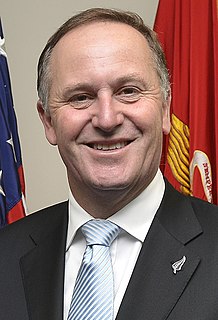A Quote by Asghar Farhadi
When we talk about self-confrontations, we are speaking about moral issues rather than social issues.
Quote Topics
Related Quotes
Team Hillary [Clinton] after everything came out the other night, they said, she just wants to talk about the issues. She wants to have a debate about the issues. Really, is that what their ads are about? Is that what the filth they peddle every day my candidate Donald Trump is about - they want to talk about the issues - lets talk about Obamacare its a disaster?
A lot of my books deal with very controversial issues that most people often don't want to talk about, issues that, in my country, are more likely to get put under the carpet than get discussed. And when you talk about moral conundrums, about shades of gray, what you're doing is asking the people who want the world to be black and white to realize instead that maybe it's all right if it isn't. I know you'll learn something picking up my books, but my goal as a writer is not to teach you but to make you ask more questions.
Even in the era of AIDS, sex raises no unique moral issues at all. Decisions about sex may involve considerations about honesty, concern for others, prudence, and so on, but there is nothing special about sex in this respect, for the same could be said of decisions about driving a car. (In fact, the moral issues raised by driving a car, both from an environmental and from a safety point of view, are much more serious than those raised by sex.)
I think, at some level, we see young people all over the country mobilizing around different issues, in which they're doing something that I haven't seen for a long time. And that is, they're linking issues together. You can't talk about police violence without talking about the militarization of society in general. You can't talk about the assault on public education unless you talk about the way in which capitalism defunds all public goods. You can't talk about the prison system without talking about widespread racism. You can't do that. They're making those connections.
When you start talking about same-sex marriage, you start talking about abortion, and I think those issues are very very important and very interesting and very right for us to talk about, but when we allow those issues to cannibalize all other issues we find ourselves homeless while we debate about it.
The creative process ignites our imagination, and I believe that that same imagination is what will propel us forward with issues of social change. I do think we have to acknowledge that we are a very capitalistic and consumptive nation, and that talk about conservation or issues of sustainability is never going to be popular with the dominant culture because it means checks and balances on an economy that is reserved for the dollar, rather than an economy that honors and respects spiritual resources and the right of all life to participate on the planet, not just our species.






































